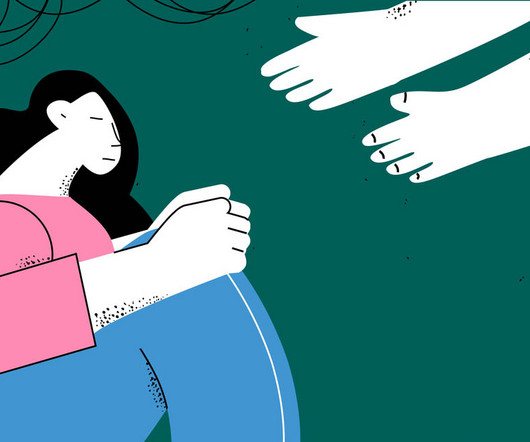Lost in Psychobabble? Cut Through the Jargon for Real Mental Clarity
Mad in America
APRIL 8, 2025
P sychology, mental health, and recovery are often discussed in overly formal language, making the process of healing seem complex and intimidating. However, beneath the jargon lies a straightforward approach that can effectively address most mental health challenges.














Let's personalize your content